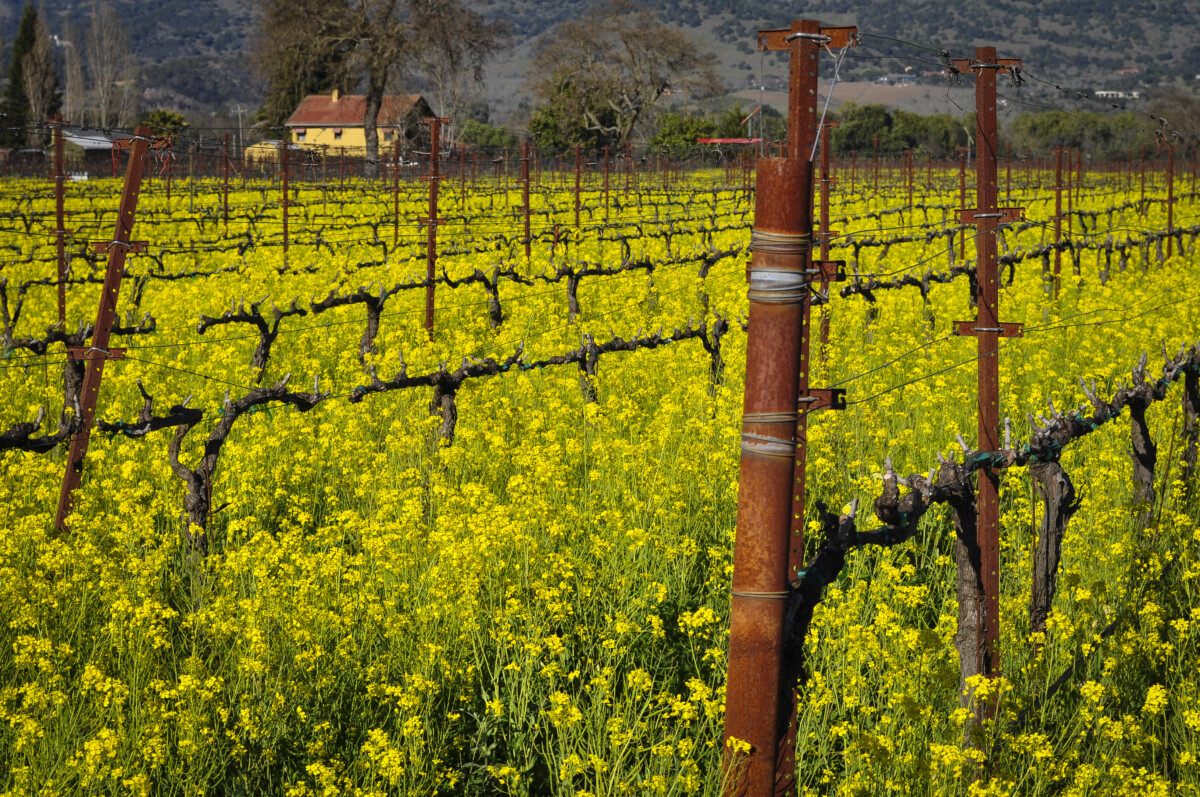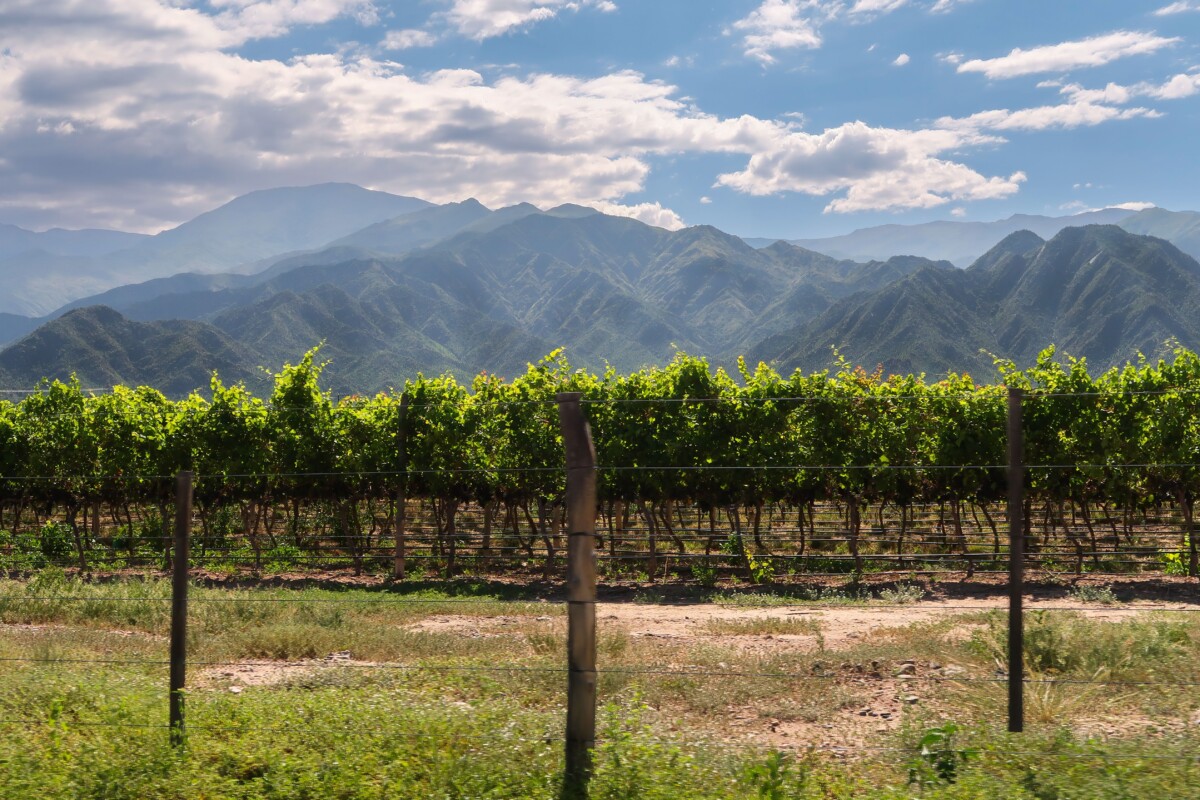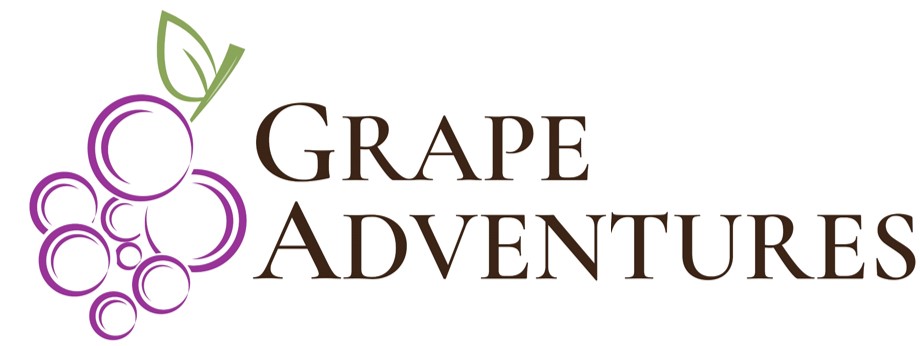
What is “Terroir” in wine making and how does it influence the flavor of the wine? The key components of Terrior are Soil, Climate, Altitude and Aspect
Wine lovers around the world are fascinated by the unique flavors and aromas that distinguish each bottle from another. From the crisp and acidic tang of a Sauvignon Blanc to the full-bodied richness of a Cabernet Sauvignon, the diversity of wines is truly remarkable. The secret to this diversity lies in the concept of terroir.
Terroir is a French term that encompasses the environmental factors that impact the character and quality of the wine. It includes elements such as soil, climate, altitude, and aspect, which work together to create the distinctive personality of a wine. These elements interact with each other in complex ways to influence the growth, development, and flavor of the grape.
Soil



The type of soil in which a vineyard is planted can have a significant impact on the wine it produces. The composition of the soil affects the root structure of the vine, the availability of nutrients and water, and the drainage of the site.
For example, soils with high levels of clay tend to retain moisture, providing the vines with a steady supply of water. Conversely, soils with poor drainage can lead to waterlogged vines, which can cause damage to the roots and reduce the quality of the grapes.
Climate



For example, cool climates with long growing seasons tend to produce wines with high acidity and crisp flavors. On the other hand, warmer climates with short growing seasons can produce wines with more intense flavors and higher alcohol content.
Altitude



This can result in more complex and balanced flavors, as the grape has more time to develop its sugars and acids.
Aspect



The aspect of a vineyard, or the direction it faces, can also affect the wine it produces. Vineyards that face south or southeast tend to receive more sunlight, which can increase the sugar levels in the grapes.
On the other hand, vineyards that face north or northwest tend to receive less sunlight, producing wines with lower alcohol levels and higher acidity.
Terroir
Grape Adventures Wine Tours
Departing to Wine Country from Los Angeles Daily



Grape Adventures Wine Tours is a one-of-a-kind experience for all wine lovers! Our wine tours depart daily from Los Angeles and are designed to provide you with an immersive and enjoyable journey into the world of wine.
With us, you’ll have the opportunity to visit some of the best wineries in Southern California and taste delicious, locally-made wines while learning about the history and culture of wine-making.
What makes our wine tours truly special is the personalized touch we provide to each and every one of our guests. Our knowledgeable and passionate tour guides will accompany you throughout the tour and make sure you have a memorable time.
So whether you’re a wine enthusiast or simply looking for a fun day out with friends, you can count on Grape Adventures to provide an unforgettable experience! And don’t forget, wine tours are fun!

